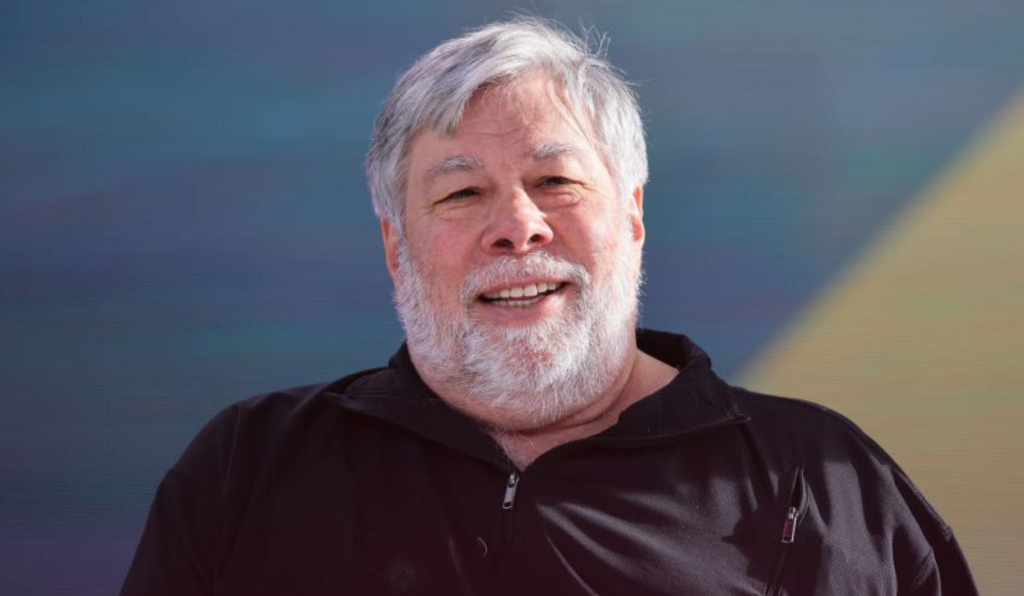Steve Wozniak, co-founder of Apple, emerged victorious in the most recent phase of a legal dispute with YouTube concerning utilizing altered videos bearing his image to execute a Bitcoin fraud scheme in 2020.

Bloomberg reported that an appeals court in San Jose ruled that YouTube cannot invoke a contentious communications statute to absolve itself of liability for a fraudulent scheme that used an altered video to capitalize on the popularity of the Apple co-founder.
The recent ruling would allow Wozniak to proceed with legal action against the video streaming platform. It may lead to a modification in the federal legislation shielding video streaming platforms (e.g., YouTube) from any legal responsibility arising from the content their users upload.
After doctored videos endorsing a fraudulent scheme went viral on YouTube in 2020, the co-founder of Apple and seventeen others (including Bill Gates, Elon Musk, and Michael Dell) initiated legal proceedings against YouTube and its parent company, Google.
Additional text and images were inserted into the altered video, which also promised viewers free Bitcoin in exchange for directing Bitcoin to a specific address to receive double the amount.
Since a Santa Clara County Superior Court judge ruled in 2022 that the companies were solvent under Section 230 of the Communications Decency Act, the most recent appeals court decision is considered a significant victory for Wozniak and others.
The appeals court judges noted that prominent YouTube channels are frequently compromised to promote fraud. The fraudulent activity was “substantially contributed to” by Google and YouTube by providing verification insignia to the compromised YouTube channels.
Additionally, the platform failed to remove these verification insignia when the fraudulent channels began uploading videos, and one channel even received the badge during the fraud process.
As a result, the appeals court determined that Section 230 immunity may not apply to corporations, given that their verification contributed to the fraud.
According to Joe Cotchett, the attorney for Woznaik, the verdict demonstrates that social media platforms such as “Google and YouTube accept responsibility for their actions and cannot use Section 230 as an absolute shield for their conduct.”
